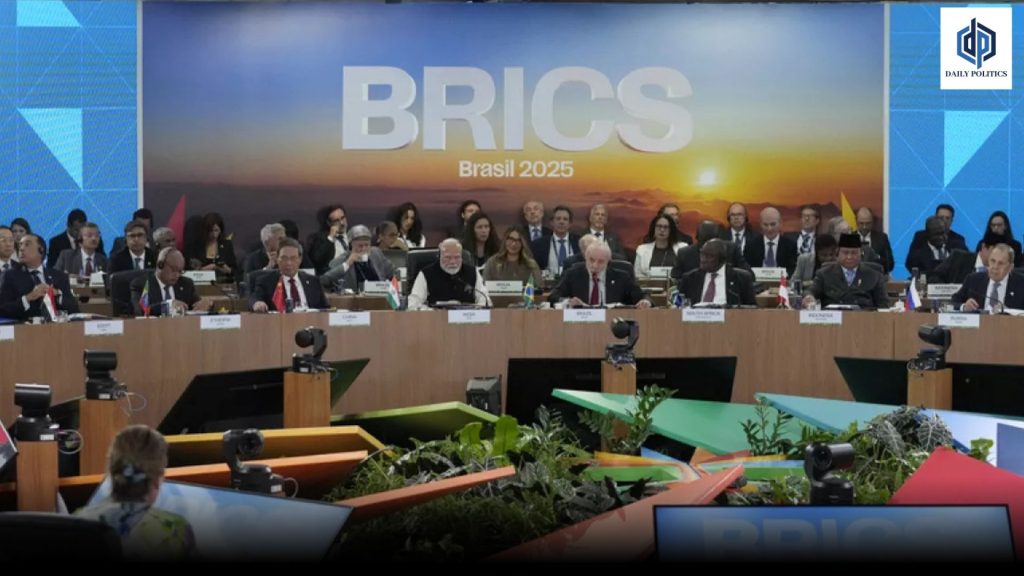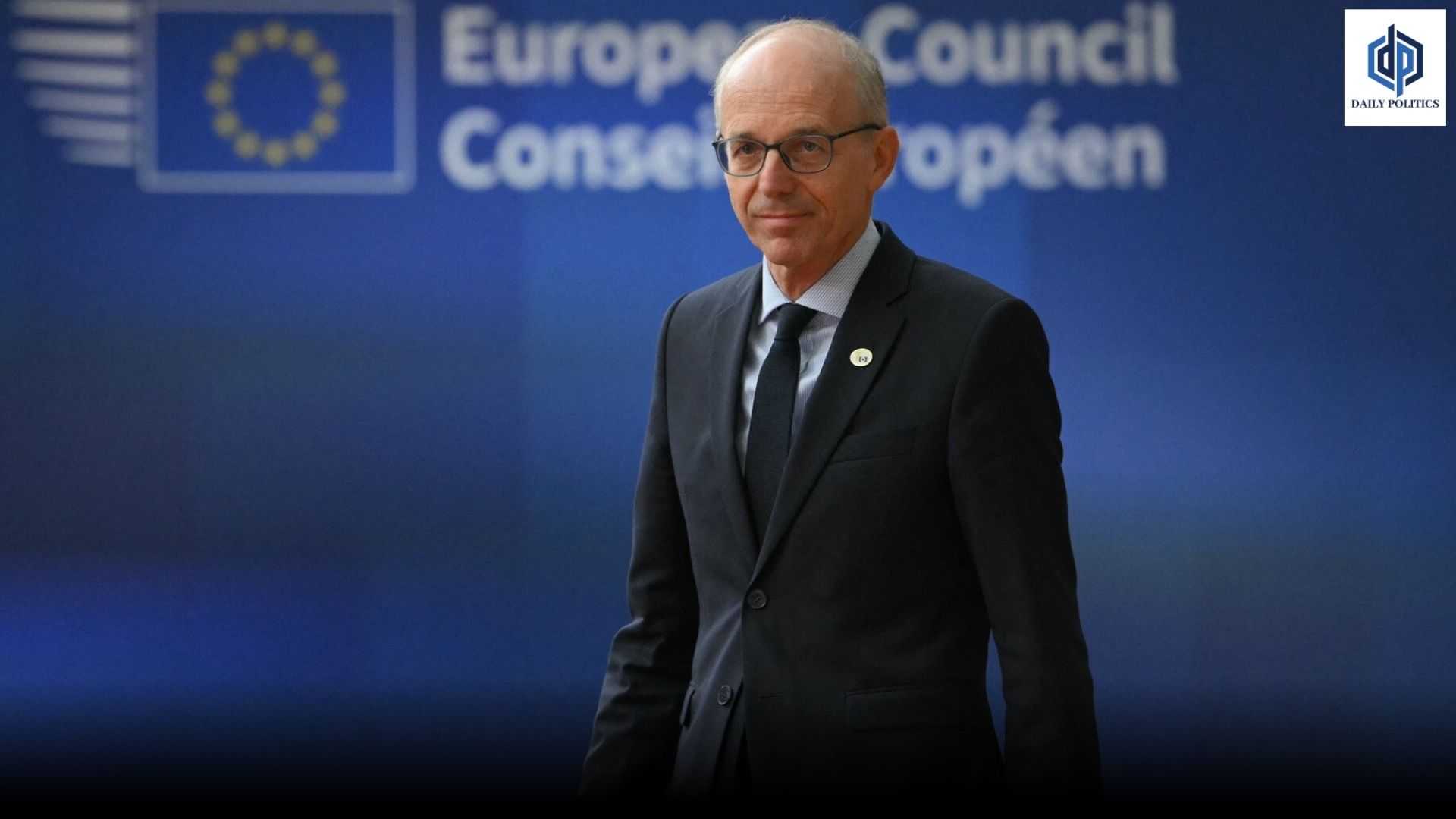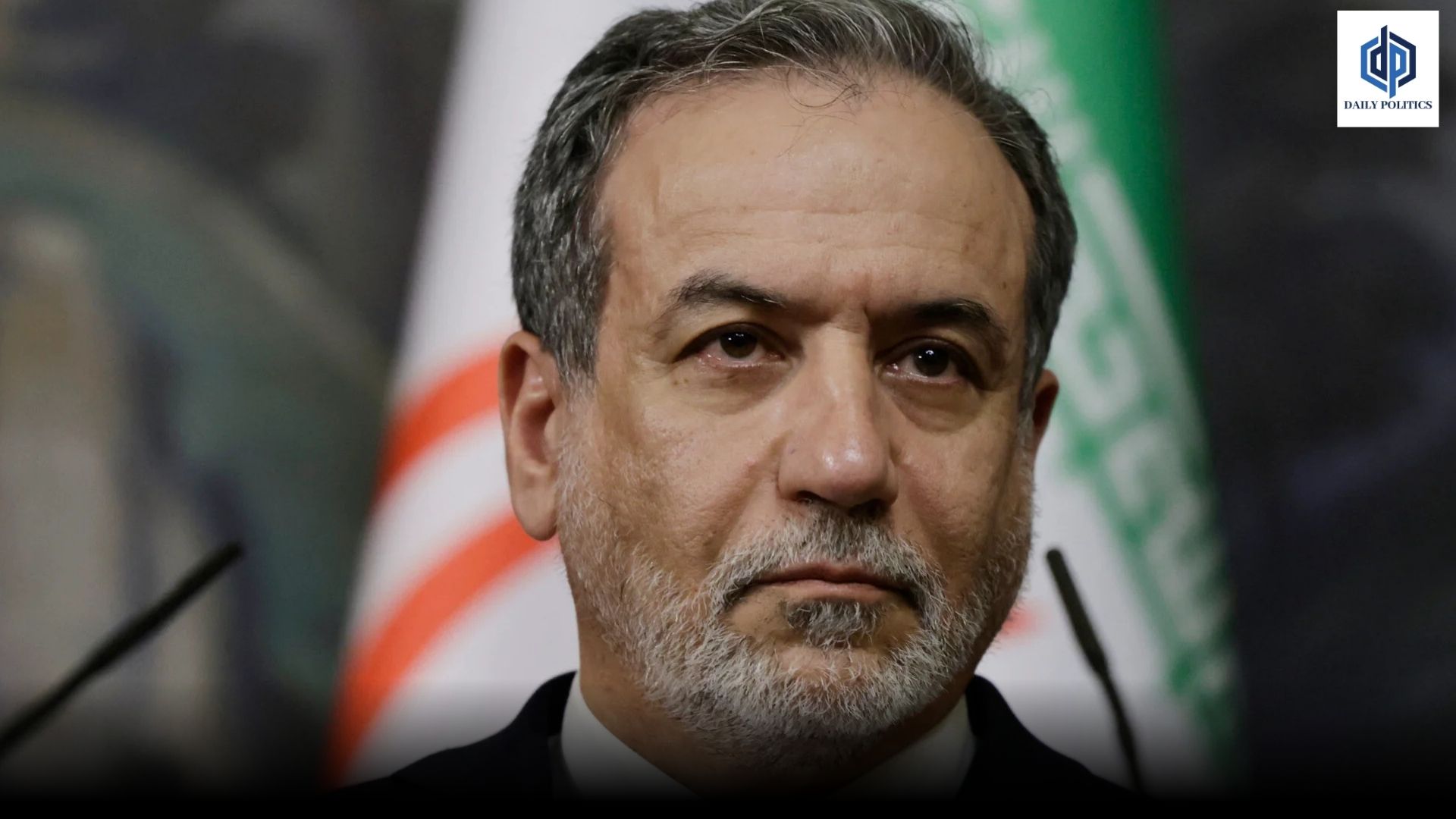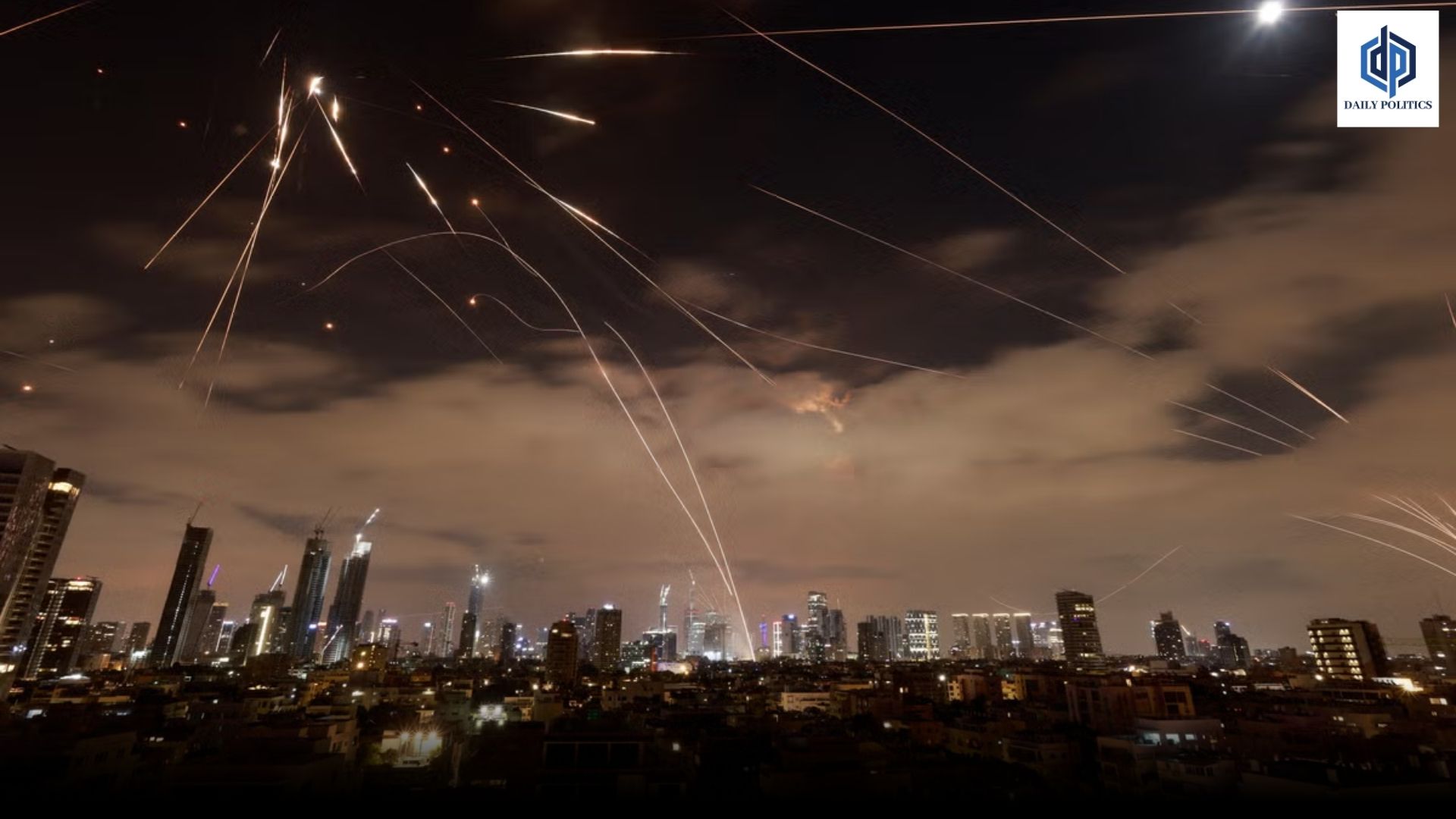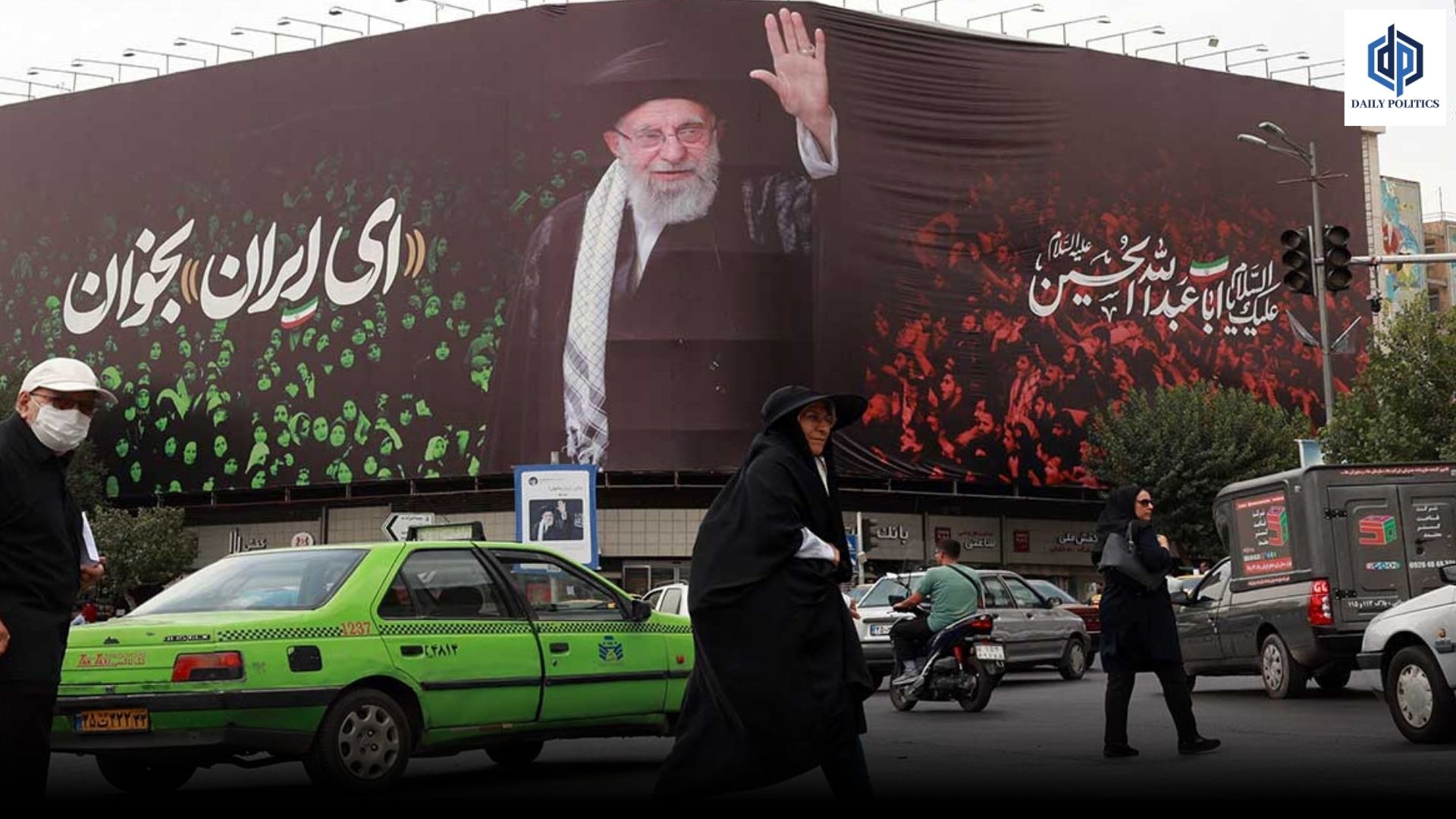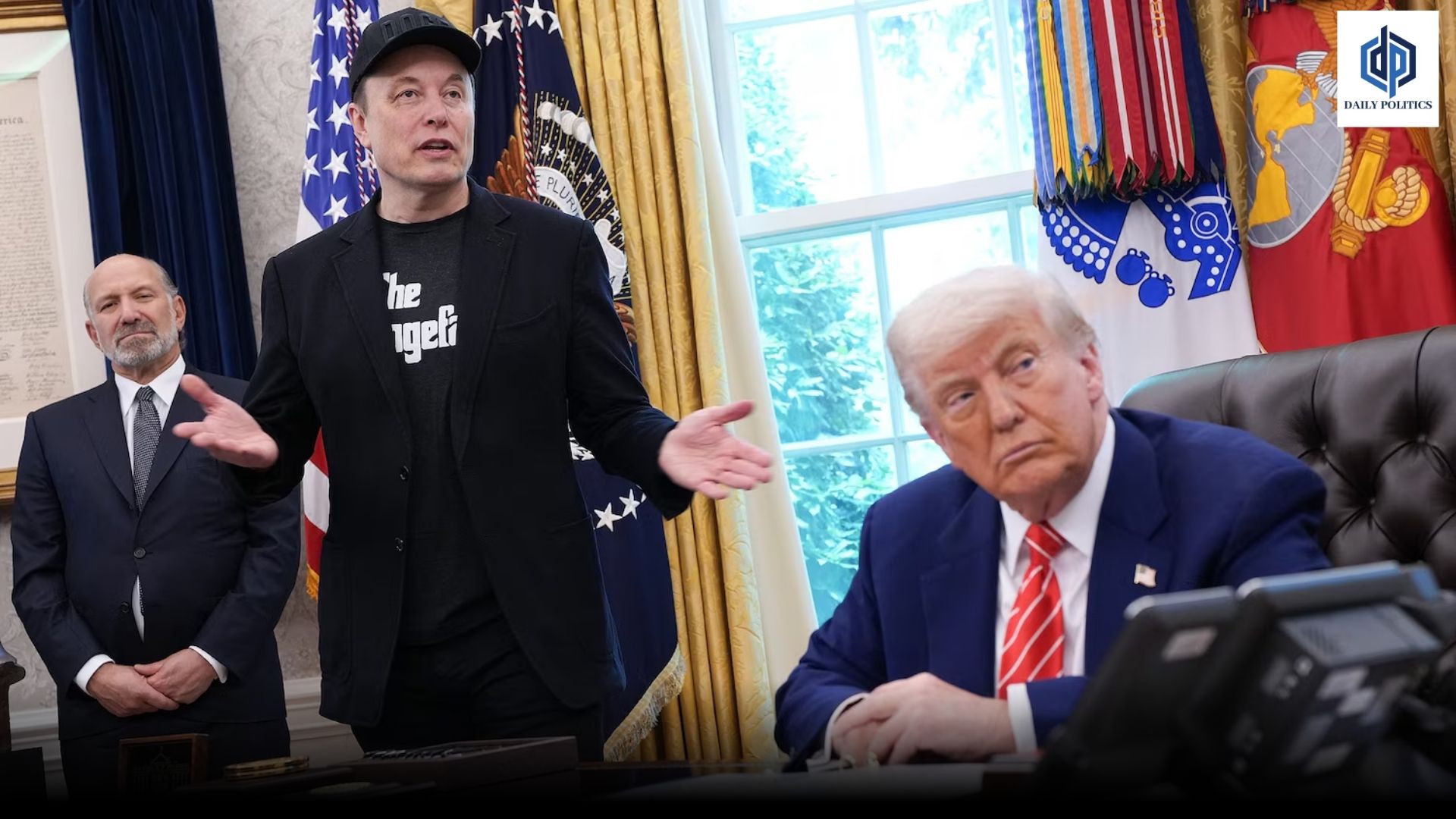During a summit on Sunday, BRICS leaders expressed their concerns regarding US President Donald Trump’s “indiscriminate” import tariffs and the recent Israeli-US military actions against Iran.
Eleven emerging nations, among them Brazil, Russia, India, China, and South Africa, represent approximately half of the global population and contribute to 40 per cent of the world’s economic output.
The bloc exhibits significant divisions on various issues, yet it has united in its stance regarding the unpredictable US leader and his inconsistent approach to tariff wars, albeit without directly referencing him.
In a joint statement issued during the summit, BRICS members expressed significant apprehension regarding the increasing implementation of unilateral tariff measures, warning that such tariffs could potentially harm the global economy.
On Sunday night, Trump responded to the bloc directly via social media.
Countries that choose to align with the anti-American policies of the BRICS will face an additional 10 per cent tariff, according to recent statements. Trump stated on his Truth Social platform, “There will be no exceptions to this policy.”
In a recent development, BRICS extended its symbolic support to Iran, denouncing a series of military strikes on nuclear and other sites executed by Israel and the United States.
In April, Trump issued threats of punitive duties to both allies and rivals, only to later extend a months-long reprieve amid a significant market downturn.
Trump has issued a warning that he will implement unilateral tariffs on partners if they do not secure “deals” by August 1.
The summit declaration notably refrained from directly criticising the United States or its president, a move interpreted as a concession to allies including Brazil, India, and Saudi Arabia.
Absent from the event
Established two decades ago as a platform for emerging economies, the BRICS have increasingly been perceived as a counterweight to the influence of the United States and Western Europe, primarily driven by China’s ambitions.
As the coalition has grown to encompass Iran, Saudi Arabia, and other nations, it has faced difficulties in achieving a significant consensus on various issues, including the Gaza conflict and the challenge to US global dominance.
The BRICS nations have united in their call for a peaceful two-state solution to the Israel-Palestinian conflict, a notable stance given Tehran’s historical advocacy for the destruction of Israel.
A diplomatic source from Iran has indicated that the government’s “reservations” have been communicated to the hosts in Brazil. Despite being a BRICS member since 2023, Iran did not entirely dismiss the statement.
The bloc has issued a call for an “immediate” ceasefire and the “full withdrawal of Israeli forces” from the Gaza Strip, a region that has been embroiled in conflict with the Palestinian militant group Hamas for 21 months.
The armed wing of Hamas has expressed approval of BRICS’s stance, urging the coalition to “exert pressure” on Israel to “lift the criminal siege imposed on two and a quarter million people”.
In a notable development reflecting the delicate nature of diplomatic relations, the Saudi Arabian foreign minister was absent from the discussions held on Sunday, as reported by a source within the Brazilian government.
Saudi Arabia stands out as one of the foremost recipients of advanced military technology from the United States, reflecting a deep-rooted partnership between the two nations.
The impact of this year’s summit has been significantly diminished by the notable absence of China’s Xi Jinping, who, for the first time in his 12-year presidency, chose to skip the meeting.
In addition to the Chinese leader, several other prominent figures are also missing from the event. Russian President Vladimir Putin, who faces war crime charges related to the conflict in Ukraine, chose to abstain from in-person attendance, instead engaging through a video link.
He informed his counterparts that BRICS has emerged as a significant force in global governance.
The summit emphasised the need for regulations surrounding artificial intelligence, asserting that this technology should not be exclusive to affluent countries.
The commercial AI sector is presently under the strong influence of US tech giants, while China and other countries are swiftly advancing their capabilities in this field.

